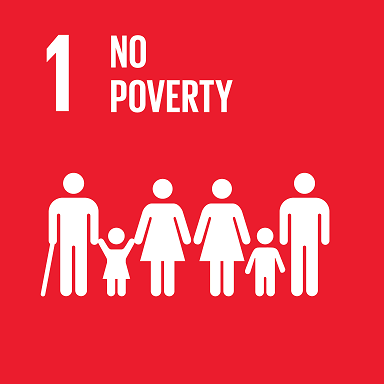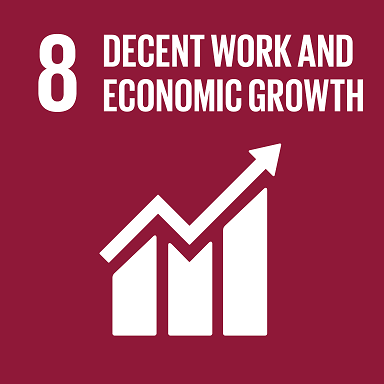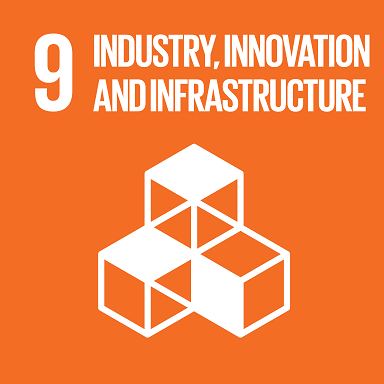Success Stories
Agencia Presidencial Para la Cooperación Internacional (APC) - Colombia
iNNpulsa Colombia




Successful application of the knowledge transfer methodology in the "Heroes Fest" tool
Summary of the case:
Thanks to the project, a methodology for knowledge transfer has been created and implemented, which is considered as a best practice that can be found in this Knowledge Bank of the ADELANTE Programme. Thanks to this methodology, important tools for business development and support to entrepreneurship have been transferred from Colombia to Mesoamerica. The most important of these are the MISE (Integrated Model of Business Services) and the 'Heroes Fest' (a tool to boost the entrepreneurial mindset and culture).
The experience of transferring the Heroes Fest tool is summarised below:
With the support of iNNpulsa Colombia (an entity whose objective is to stimulate the productive sectors of Colombia and get more innovators and entrepreneurs to engage in high impact processes with an emphasis on innovation), a call was launched to transfer the Heroes Fest tool, the most important entrepreneurship festival in Colombia that, as a training field, connects, trains and mobilises agents of change of the entrepreneurship ecosystem in aspects such as closing knowledge gaps, activating a conversation and building favourable and equitable environments for innovative business growth of high impact.
Heroes Fest aims at "fostering an entrepreneurial mindset and culture by inviting entrepreneurs, businesspeople, students, professors, media and academic investors, and public officials and by giving them the opportunity to connect, be inspired and transform their realities with experiences designed to promote the growth of the companies of the future".
The selected country was Honduras, with whom the exchange process was immediately started in order to organise the festival in the city of San Pedro Sula, in November 2019. Additionally, and to facilitate the understanding of the dimension of the tool, the coordinator and his team were invited to attend the Heroes Fest in the Colombian city of Yopal, so that they could get to know first-hand the scope of the project as well as the thematic, logistical and financial aspects of it, among others. Additionally, the project coordinator was invited by the EDEM project to the most important entrepreneurship event in Spain, the South Summit, which was held in Madrid in early November.
The National Service for Entrepreneurship and Small Businesses (Servicio Nacional de Emprendimiento y Pequeños Negocios - SENPRENDE) and the Red CDE MIPYME (a network made up of 14 Regional Centres for Entrepreneurial Development) were in charge of the exchange in Honduras, and everything was held within the framework of the SICA EMPRENDE Strategy of the Regional Centre for the Promotion of MSMEs (Centro Regional de la Promoción de la MIPYME - CENPROMYPE), whose commitment was key to implement the tool.
EDEM invited the entrepreneurship directors of the 8 Mesoamerican countries that are part of the project to the Heroes Fest Honduras, with the intention of getting them to know the tool and analyze the possibility of carrying out the exchange with their countries. Currently, the EDEM project is in the process of replicating the tool in another city in Honduras and in two other countries that expressed their interest because they considered the tool as very useful for promotion in their countries.
Main learning and recommendations:
• Having a knowledge transfer methodology from the beginning of the implementation phase and from the design phase of each tool, without waiting for the final learning.
• Involving, from the beginning and throughout the whole cycle, all actors, from knowledge providers to recipients, executors and final beneficiaries, ensuring at all times the commitment of the public sector and its coordination with the private sector and the different actors.
Achieved impacts and objectives:
Objectives:
- Thanks to the transfer of the Heroes Fest model, a country in the region has adapted and owned a successful model for promoting the entrepreneurial culture and mindset (achieving in the same transfer process that at least 2.000 businessmen and entrepreneurs benefit from the event)
Impacts:
- A strong contribution to SDG 8 (Decent Work and Economic Growth) has been made by supporting "productive activities, decent job creation, entrepreneurship, creativity and innovation, and encourage the formalization and growth of micro-, small- and medium-sized enterprises" (target 8.3).
- Work was done towards creating a collaborative work mindset among the entities of the ecosystem.
- The capacities and skills of all the ecosystem's actors have been strengthened.
- The visibility of the entrepreneurial services of the ecosystem's actors has been increased.
- A change of focus has been achieved in relation to knowledge management processes, understanding transfer not as a one-off intervention originated by a project but rather as a new permanent and strategic service that must be integrated into the service portfolio of each institution.
Key success factors:
- Having a robust, rigorous and comprehensive methodology for knowledge transfer.
- Commitment and motivation of all actors, from knowledge providers to recipients, implementers and final beneficiaries.
- Support from public institutions with expertise in the subject and their capacity for articulation.
- Permanent accompaniment of the knowledge provider, betting on moments of face-to-face work.
- Permanent attention to similar initiatives and participation in learning events in the countries involved or in third countries, which provide complementary learning and visions.
The added value of Triangular Cooperation: (more information here)
1. Building ownership and trust.
2. Promoting complementarity and increasing coordination in development cooperation.
3. Sharing knowledge and learning jointly.
4. Co-creating solutions and flexibility.
5. Enhancing the volume, scope and sustainability of Triangular Cooperation
6. Achieving global and regional development goals through strengthened partnerships for sustainable development.
RELATED FILES
Thanks to the project, a methodology for knowledge transfer has been created and implemented, which is considered as a best practice that can be found in this Knowledge Bank of the ADELANTE Programme. Thanks to this methodology, important tools for business development and support to entrepreneurship have been transferred from Colombia to Mesoamerica. The most important of these are the MISE (Integrated Model of Business Services) and the 'Heroes Fest' (a tool to boost the entrepreneurial mindset and culture).
To develop and apply broad and participatory methodologies for knowledge transfer, so that all the learning generated can be replicated in the different countries by each of the participating institutions and applied beyond the implementation phase.





